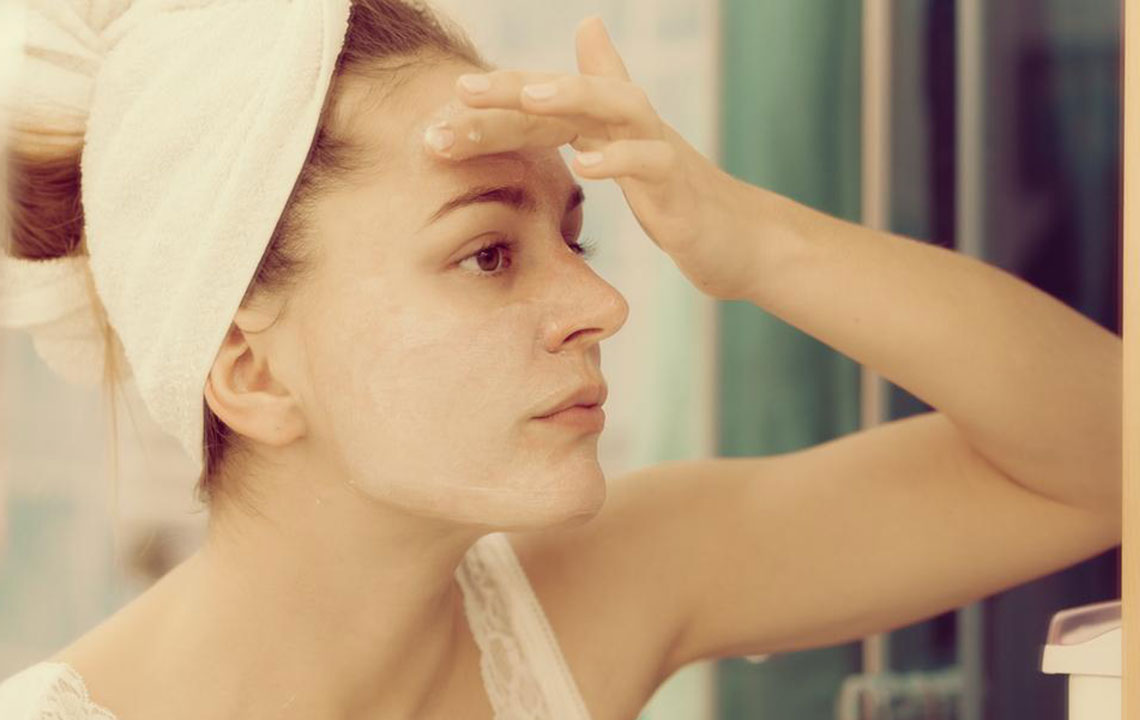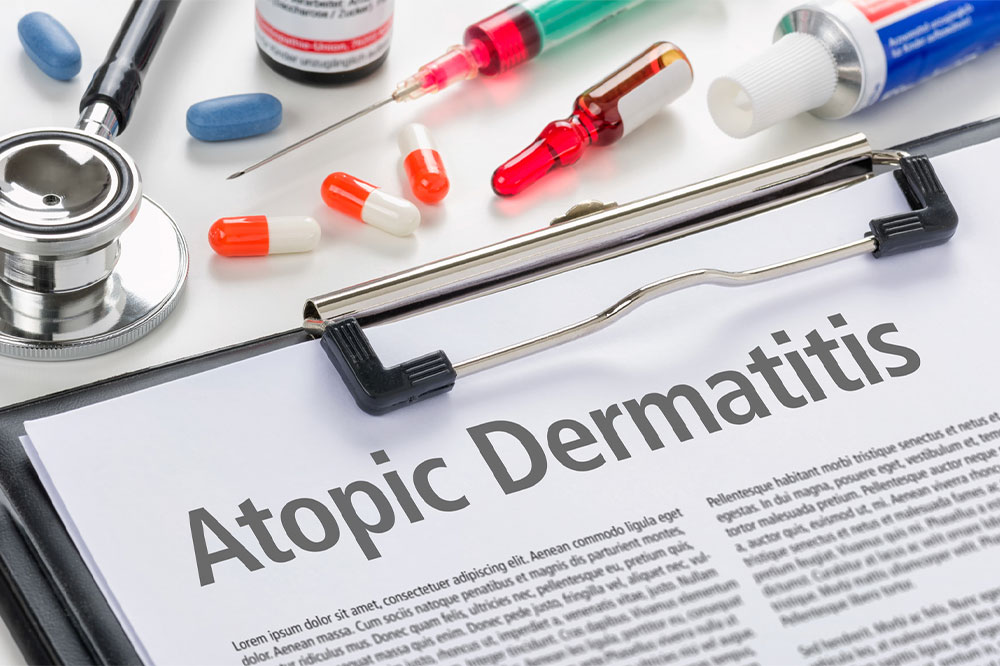Comprehensive Guide to Moisturizers for Managing Eczema Symptoms Effectively
This comprehensive guide explores effective moisturizers and skincare strategies for managing eczema symptoms. It covers different types of eczema, ideal products, and practical tips to soothe irritated skin, strengthen the skin barrier, and reduce flare-ups. Whether you suffer from allergic contact dermatitis, neurodermatitis, or other eczema types, understanding your skin's needs and choosing the right moisturizers can greatly improve comfort and skin health. Collaborate with healthcare professionals for personalized treatment plans to optimize eczema management and enjoy healthier, more resilient skin daily.

Effective Moisturizers to Alleviate Eczema Symptoms and Promote Healthy Skin
Eczema, also known as atopic dermatitis, is a prevalent chronic skin condition characterized by inflammation, dryness, redness, and itching. It affects millions worldwide, regardless of age, but is most commonly seen in infants and young children, often persisting into adulthood. While eczema is not contagious and cannot be entirely cured at this time, there are numerous strategies and skincare routines that can help manage the symptoms, improve skin barrier function, and significantly reduce discomfort.
This in-depth guide explores the various types of eczema, their unique characteristics, and the most effective moisturizers and skin-care tips to soothe irritated skin and enhance quality of life for eczema sufferers. Whether you’re newly diagnosed or seeking advanced management tips, understanding your skin's needs is vital to controlling flare-ups and maintaining healthy, resilient skin.
Eczema management hinges on diligent skin care routines, including the use of specialized moisturizers designed to repair and protect the skin barrier. While there is no definitive cure, targeted treatment plans focused on hydration, barrier reinforcement, and avoidance of triggers can make a substantial difference.
Understanding Different Types of Eczema
It’s essential to recognize the specific form of eczema you are dealing with, as each type benefits from tailored approaches. Here’s a comprehensive overview of the main eczema variants:
Allergic Contact Dermatitis: This form results from an immune response to environmental allergens like nickel, fragrances, or certain plants. It manifests as itchy, inflamed patches that often appear where contact occurred. Managing this type involves identifying and avoiding triggers, soothing irritated skin with gentle care, and using appropriate topical treatments.
Neurodermatitis: Characterized by thick, scaly patches usually on the scalp, neck, or limbs, often triggered by stress or insect bites. The condition can cause persistent itching, leading to a cycle of scratching and worsening skin damage. Mild cleansers and anti-itch treatments help reduce symptoms.
Nummular Eczema: Presents as round, coin-shaped patches that are itchy, dry, and sometimes crusted over. These patches may appear on any part of the body and are often exacerbated by dry air and harsh soaps. Moisturizing and avoiding irritants are key for alleviation.
Seborrheic Eczema: This variant manifests as greasy, yellowish, flaky patches around the scalp, eyebrows, nose, and behind the ears. Often linked to excess oil production, it can be managed with medicated shampoos and topical treatments.
Stasis Dermatitis: Typically occurs on the lower legs due to poor circulation, leading to swelling, redness, and skin breakdown. Managing underlying circulation issues and using emollients helps restore skin integrity.
Effective eczema management relies on strengthening the skin's natural barrier with suitable skincare products. Patients should work closely with healthcare providers to select the most appropriate topical treatments, moisturizing agents, and lifestyle adjustments.
Choosing the Most Suitable Moisturizers for Eczema
Prescription Topicals: Consultants may recommend specialized prescription moisturizers or corticosteroid creams to reduce inflammation and promote healing.
Ointments: These are oil-rich formulations that create a protective barrier on the skin surface, sealing in moisture. While typically greasy, they are highly effective for very dry or cracked skin but may not be suitable for all-day use.
Creams: Emulsions containing both oil and water offer a balance between hydration and ease of application. They are less greasy than ointments and ideal for daily moisturizing, provided ingredients are compatible with sensitive skin.
Lotions: Primarily water-based and non-greasy, lotions are suitable for mild eczema cases or as supplementary hydration. However, overly frequent use might lead to dehydration, especially in severely dry skin.
Key Tips for Selecting and Using Eczema Moisturizers
Always scrutinize ingredient lists to avoid known irritants and allergens. Look for products that are free from fragrances, dyes, parabens, and preservatives that can trigger flare-ups.
Seek products endorsed by recognized organizations like the National Eczema Association for quality assurance and suitability for sensitive skin.
Perform patch tests by applying a small amount of the moisturizer on an inconspicuous area like the wrist or inside of the elbow. Wait at least 48 hours to observe any adverse reactions before full application.
Popular brands such as Cetaphil, CeraVe, Vaseline, and Mustela are well-regarded for their gentle, effective formulations tailored for eczema-prone skin. Consult your dermatologist for personalized product recommendations.
In addition to choosing the right moisturizer, adopting proper skin care routines is crucial. Applying moisturizers immediately after bathing helps lock in hydration. Use gentle, fragrance-free soaps and cleansers to reduce irritation. Wearing soft, breathable cotton clothing minimizes friction and prevents further skin damage. These practices, combined with consistent use of suitable emollients, can help control eczema flare-ups and promote healthier skin in the long term.
While managing eczema can be challenging, a combination of effective moisturizers, lifestyle adjustments, and medical guidance can significantly improve symptoms and enhance quality of life. Remember, patience and consistency are vital in eczema care.





